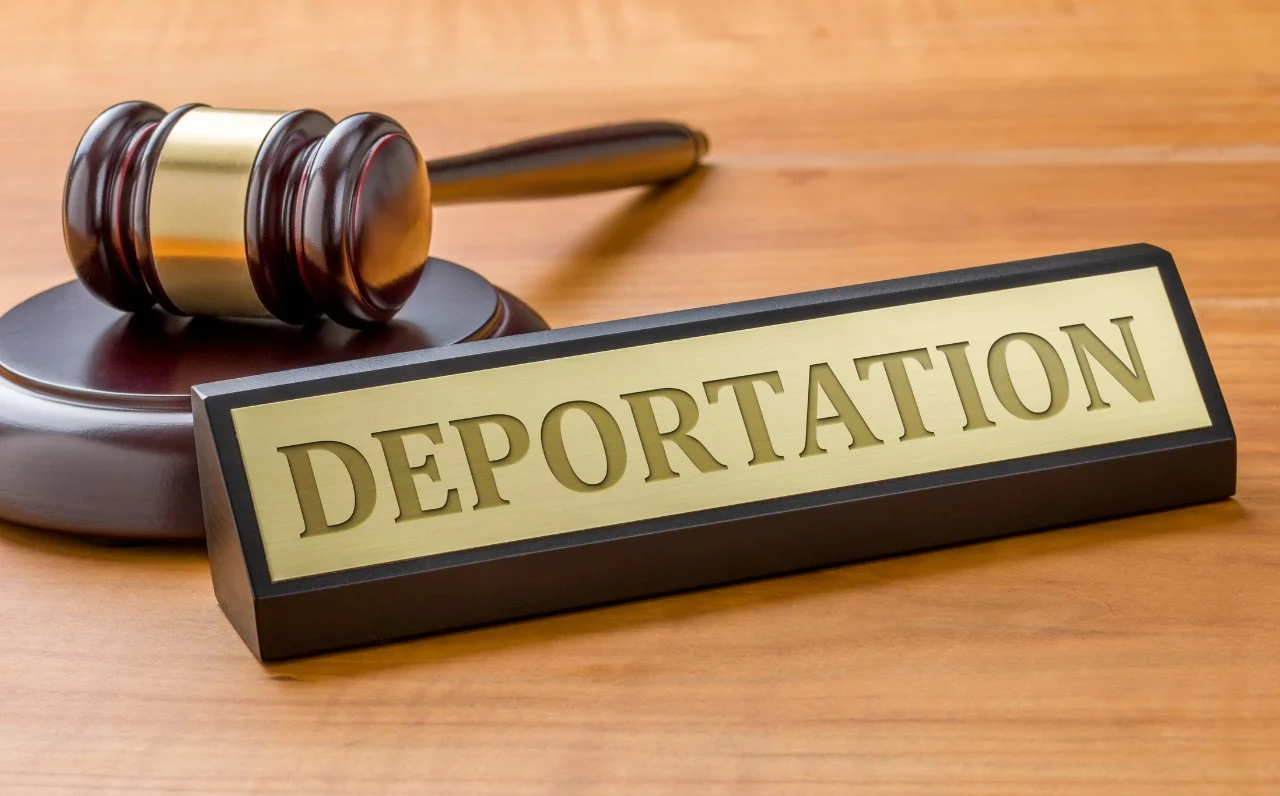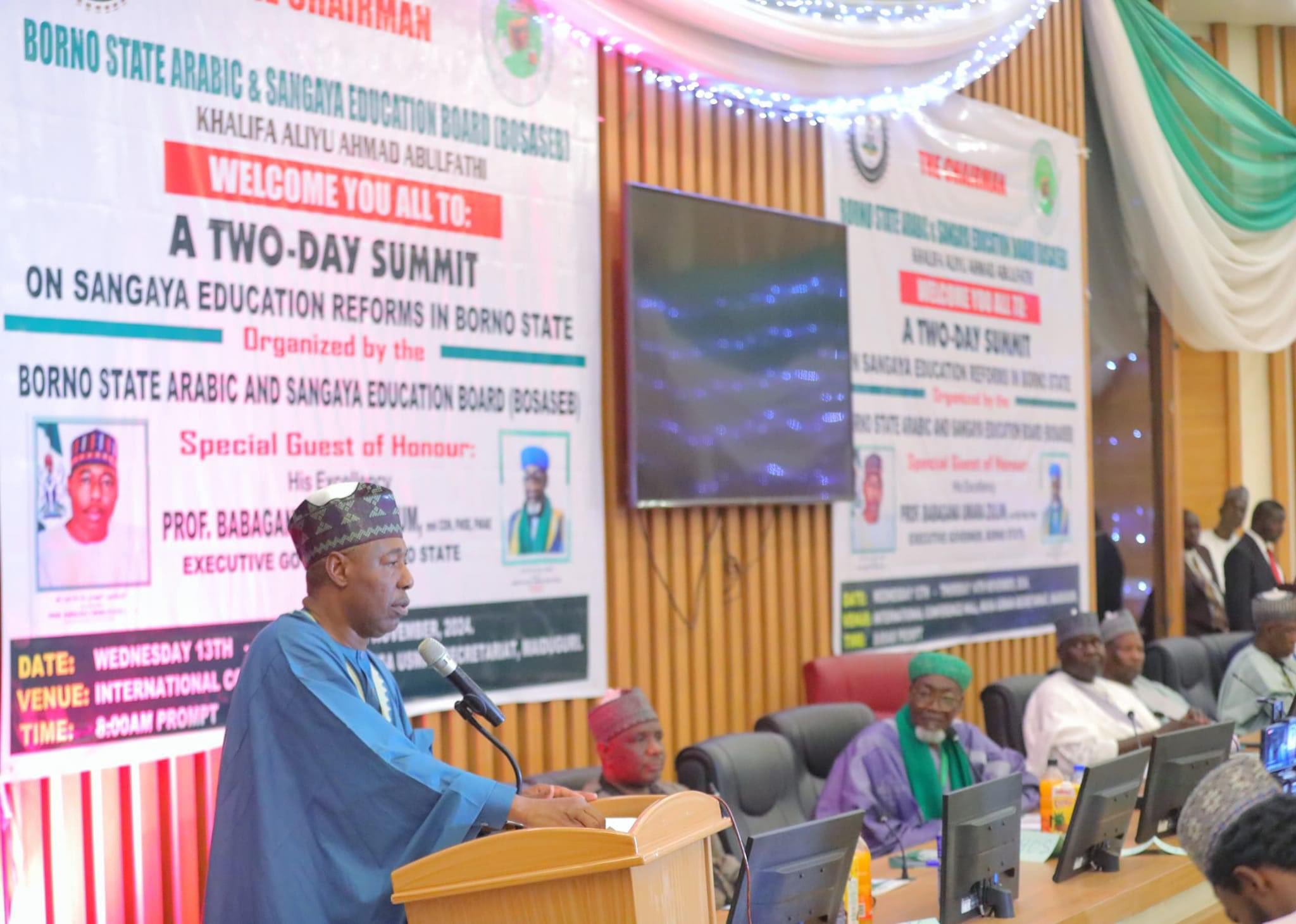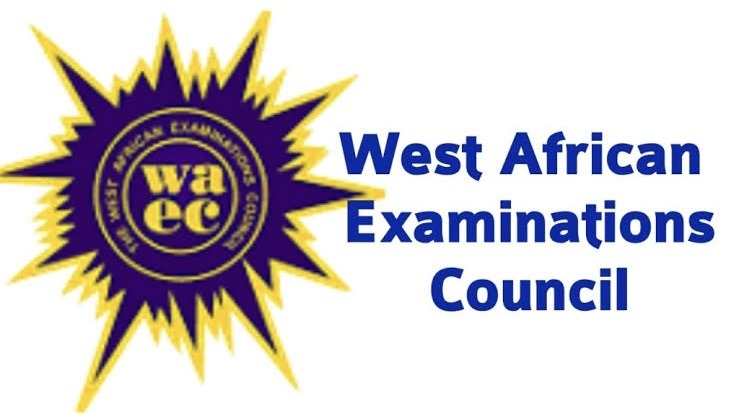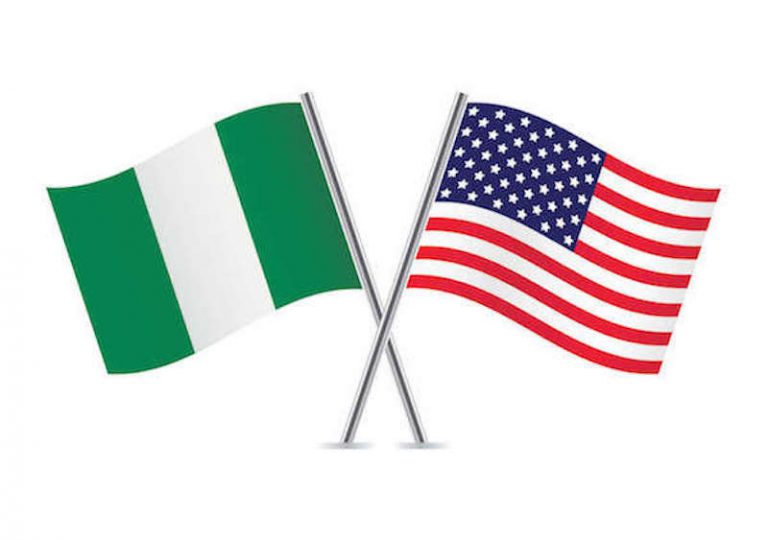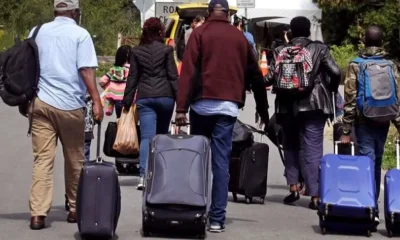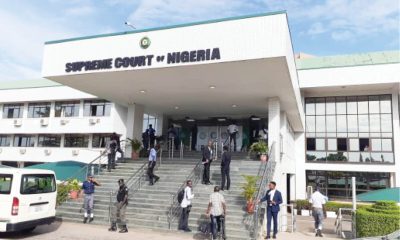A Nigerian international student, Lola Akinlade, thought she had achieved her dream when she graduated from Nova Scotia Community College in 2019.
Her joy has now been short-lived since the day she received a letter from Immigration, Refugees and Citizenship Canada (IRCC) saying that one of the documents she’d used to enter Canada in 2016 was fake and asking her to explain herself.
“That was the beginning of my trauma,” Akinlade said in a recent interview near her home in Middle Sackville, N.S.
Akinlade wants the IRCC to re-examine her case, arguing she was the victim of a “rogue agent” who supplied her with a fake letter of acceptance to a Canadian school.
“Please look into my file,” she said. “I just want this to be sorted out.”
Statistics released to CBC by IRCC and the experience of people working in the field suggest there could be many other international students in Canada in a similar situation.
Since IRCC began a new process to screen international student acceptance letters in December 2023, it has found more than 9,000 examples of fake letters, suggesting Akinlade’s case is far from unique.
According to Akinlade, she first considered studying in Canada in 2015 while working as a medical sales representative in Lagos with a business administration degree.
She said she met with an immigration consultant who promised to help her apply for a master’s degree in business administration at a Canadian university.
Akinlade said she did not discuss a particular university with the agent and just explained that she wanted to study at a high-quality Canadian institution.
Akinlade said she gave the agent documents such as her passport and university transcripts, along with payment. Several months later, he gave her a study permit to enter Canada, plane tickets and an acceptance letter to the University of Regina.
Akinlade flew to Canada in late December 2016, anticipating starting classes in January 2017.
However, she stated that while she was stopped in Winnipeg en route to Regina, she received a call from the agent, who informed her that there were no spaces available at the university and that she would have to join a waitlist.
“I said my primary aim was to come here to study. I don’t want to be on the waitlist.”
Akinlade then sought a new programme on her own, eventually enrolling at Nova Scotia Community College for social services in September 2017.
Akinlade said she never contacted the University of Regina directly until two years later, when she received the letter from IRCC telling her the acceptance letter was a fake.
“I was kind of sceptical [after getting the IRCC letter] because I thought that wasn’t real, like a miscommunication or something,” she said. “So immediately I contacted [the] University of Regina.
“And that was when I learned the truth.”
Akinlade said since arriving in Canada, she’s had little contact with the agent in Nigeria.
But when CBC contacted Babatunde Isiaq Adegoke, the agent who coordinated Akinlade’s application, through text message, he claimed he guided Akinlade through the process of applying to enter Canada.
He agreed that he gave Akinlade the acceptance letter to the University of Regina. However, he claimed that the letter was given to him by Success Academy Education Consult, a company he had hired. He claimed it was in the city of Ejigbo but has since relocated to an unknown location.
He stated that he was surprised to learn that the acceptance letter was forged, and he denied informing Akinlade that she would have to join the University of Regina waitlist.
Adegoke told CBC he was no longer offering study permit services; he had no contact information for Success Academy Education Consult and had not dealt with the company since 2018. He declined to do a video call for more information.
Akinlade, however, has lost her study permit and was denied a post-graduate work permit and a temporary resident permit.
An IRCC officer wrote to her in March 2023, telling her the department believes she knew the document was fake, “as per balance of probabilities.”
Her husband, Samson, and their eight-year-old son, David, who joined her in 2018, also lost their temporary resident status and have been asked to leave the country voluntarily as they cannot work or go to school.
Their younger son was born in Canada in 2021, and while he has Canadian citizenship, he does not have medical coverage because of his parents’ status.
Universities Canada has also expressed concerns about the actions of these agents, who may be “swapping” students between schools to smooth entry into Canada.
“These agents really were swapping out some of those letters of acceptance later in the process and utilising the good name of a university in order to increase the chances of that student getting a study permit,” said Graham Barber, the assistant director of international relations at Universities Canada.
Akinlade’s lawyer, Amanat Sandhu, is filing a humanitarian application for the family to stay in Canada.
Sandhu said it’s common for her downtown Toronto firm to see what she describes as “rogue agents” supplying immigrants with bad information.
“Overall, there’s a lot of people that get into this sticky situation where they trust an agent and then the agent doesn’t perform the way that they’re supposed to,” she said.
